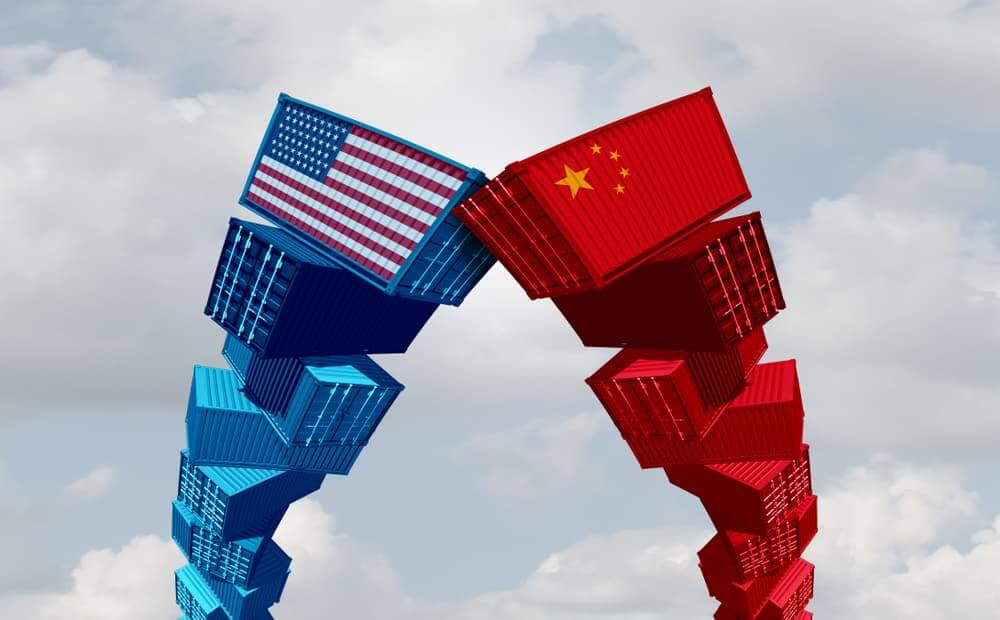
China pushes the U.S. to cut charges – bilateral engagement
On Saturday, China decided to push the United States to drop charges in a test of bilateral engagement between the world’s most significant economies.
Katherine Tai, the U.S. Trade Representative, and Liu He, China’s Vice Premier had a virtual conversation. This event followed the U.S. Trade Representative’s announcement on Monday when she sought talks to the country’s representatives.
On Friday, after the talks, China’s Xinhua state news agency said that the Chinese side negotiated over canceling sanctions and charges. It also clarified its position on the country’s industrial policies and economic growth model.
A USTR official said that Tai planned to use the second call to test if the bilateral engagement could address U.S. objections about China’s trade and subsidy practices. USTR said in a statement that Ambassador Tai and Vice Premier Liu agreed that the two sides should always consult on specific outstanding issues. They both reviewed the implementation of the Economic and Trade Agreement between the U.S. and China. Xinhua also said they agreed to determine each other’s interests through consultation while revealing their core concerns. It said that Both sides agree to continue communicating with mutual respect and approach while creating the conditions for the improvement of economic and trade relations between China and the U.S. They also talked about the recovery of the world economy.
AUTHORITARIAN APPROACH
In a briefing after the call, a senior USTR official talked about the plans of Tai as she intended to give Liu an evaluation of the country’s performance in achieving the Phase 1 deal.
On Friday, in an interview, Qin Gang, China’s ambassador to the United States, told China’s Phoenix T.V. that Beijing would keep its promises. The U.S. official said that Tai would raise concerns about the non-market economic practices of China. The official added that Washington would focus on diversifying markets while improving U.S. competitiveness.


